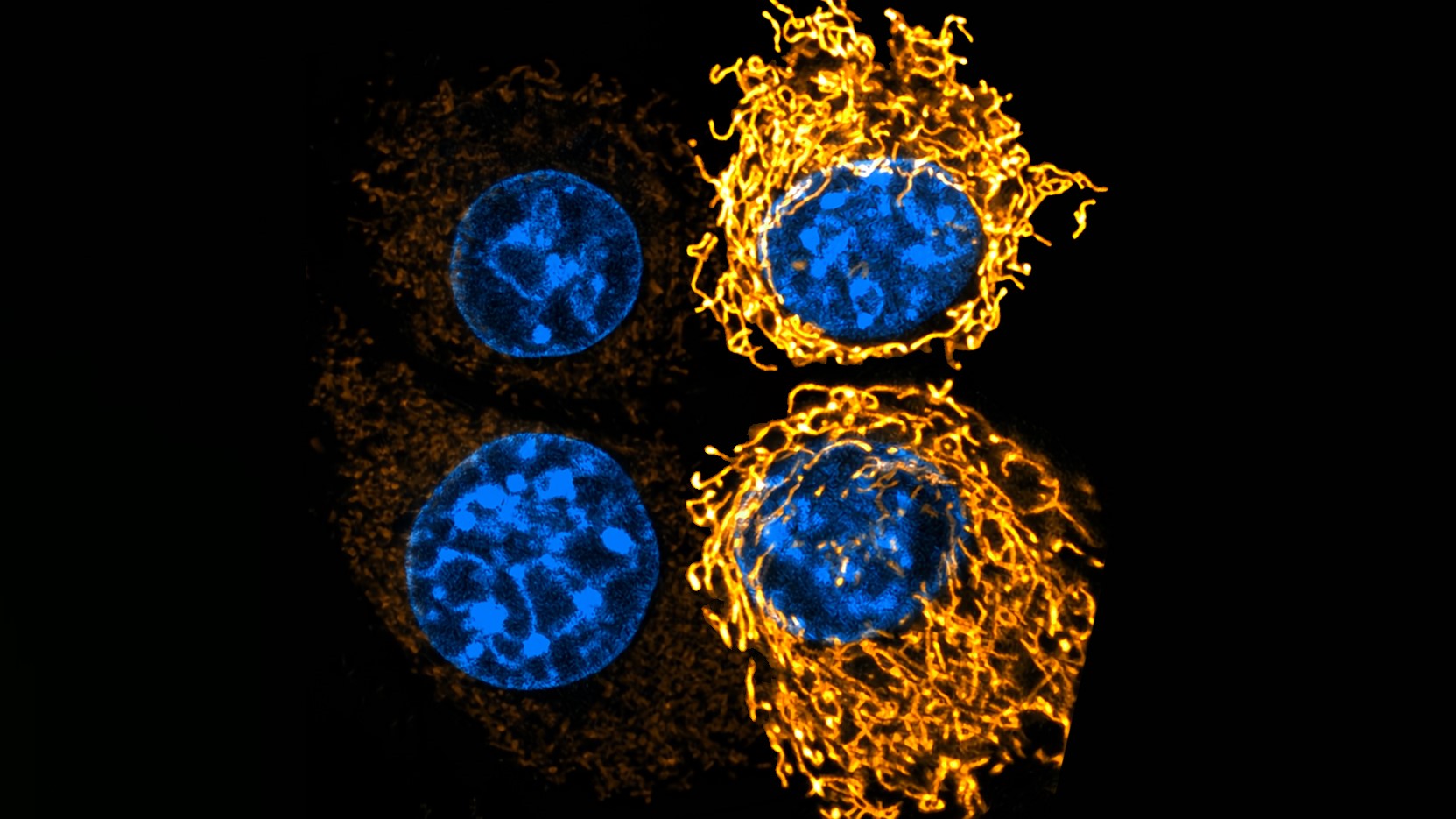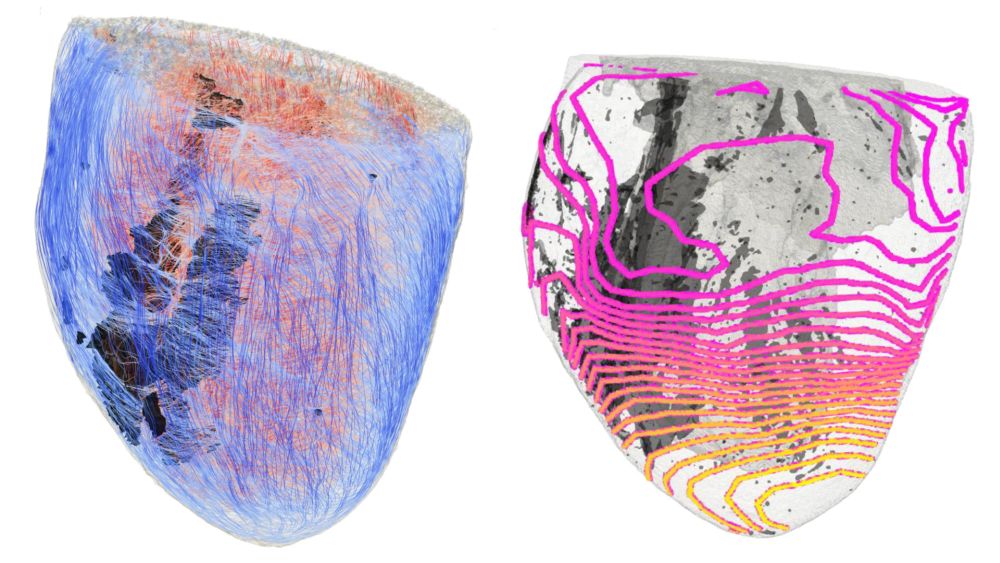
Research

Tumors are not a comfortable place to live: oxygen deficiency, nutrient scarcity, and the accumulation of sometimes harmful metabolic products constantly stress cancer cells. A research team from the German Cancer Research Center (DKFZ) and the Institute of Molecular Pathology (IMP) in Vienna has now discovered that the acidic pH value in tumor tissue—known as […]
read more
Transparent artificial intelligence improves assessment of prostate cancer aggressiveness
Until today, the aggressiveness of prostate cancer has been assessed primarily using the Gleason grading system—an analysis of cancer tissue in a pathology laboratory that is highly subjective. An international research team led by the German Cancer Research Center (DKFZ) has now developed a novel, explainable AI model that aims to make the diagnosis of […]
read more
How Fibrosis Disrupts the Heart’s Electrical Signals
Innovative imaging technique reveals hidden electrical connections in diseased hearts and provides new therapeutic approaches Cardiac fibrosis can be life-threatening: the formation of connective tissue in the heart muscle causes it to become stiffer, impairs electrical signal transmission, and weakens pumping capacity, which can lead to cardiac arrhythmias. However, the effects of cardiac fibrosis on […]
read more
No GPS in the head: How the brain flexibly switches between internal maps
Since their discovery in 2004, the grid cells in the brain, which are important for our orientation, have been regarded as a kind of “GPS in the head.” However, scientists at the German Cancer Research Center (DKFZ) and Heidelberg University Hospital have now shown that grid cells work much more flexibly than previously assumed. In […]
read more
Cannabis extract for the medicinal treatment of chronic back pain
A phase 3 clinical trial published in the journal Nature Medicine investigates the benefits of cannabis extract for chronic lower back pain. In the study, which involved over 800 participants and researchers from Heidelberg University’s Medical Faculty, pain was significantly reduced without any serious side effects being observed. Full Text in German below. Cannabisextrakt zur […]
read more
PRECISEU Best Practice Recognition 2025: Celebrating Europe’s Leaders in Personalised Medicine
Vilnius, 18 September 2025 The PRECISEU consortium proudly announced the winners of the first PRECISEU Best Practice Recognition during Life Sciences Baltics 2025, the leading international event for biotechnology, pharmaceuticals, and medical devices in the Baltic region. Launched under the Personalised Medicine Empowerment Connecting Innovation ecoSystems across EUROPE (PRECISEU) programme, this initiative honours outstanding practices […]
read more
When metabolism provides more than fuel
New EMBL research discovers an unexpected relationship between metabolism and cell communication during embryonic development Summary Pregnant women rely on a balanced diet and supplements to deliver proper nutrients to their babies, to ensure they grow healthfully. Such nutrients contribute to fueling development and providing cellular building blocks that lead to healthy brains, bones, organs, […]
read more
No GPS in the head: How the brain flexibly switches between internal maps
Since their discovery in 2004, the grid cells in the brain, which are important for our orientation, have been regarded as a kind of “GPS in the head.” However, scientists at the German Cancer Research Center (DKFZ) and Heidelberg University Hospital have now shown that grid cells work much more flexibly than previously assumed. In […]
read more
Not all ALK fusions act the same: Variants influence treatment success in lung cancer
About five percent of lung adenocarcinomas, one of the most common forms of lung cancer, are driven by a faulty fusion of two genes, EML4 and ALK. This fusion results in different variants, and until now, clinicians have treated all patients with these fusions the same way. However, new research led by scientists from the […]
read more
